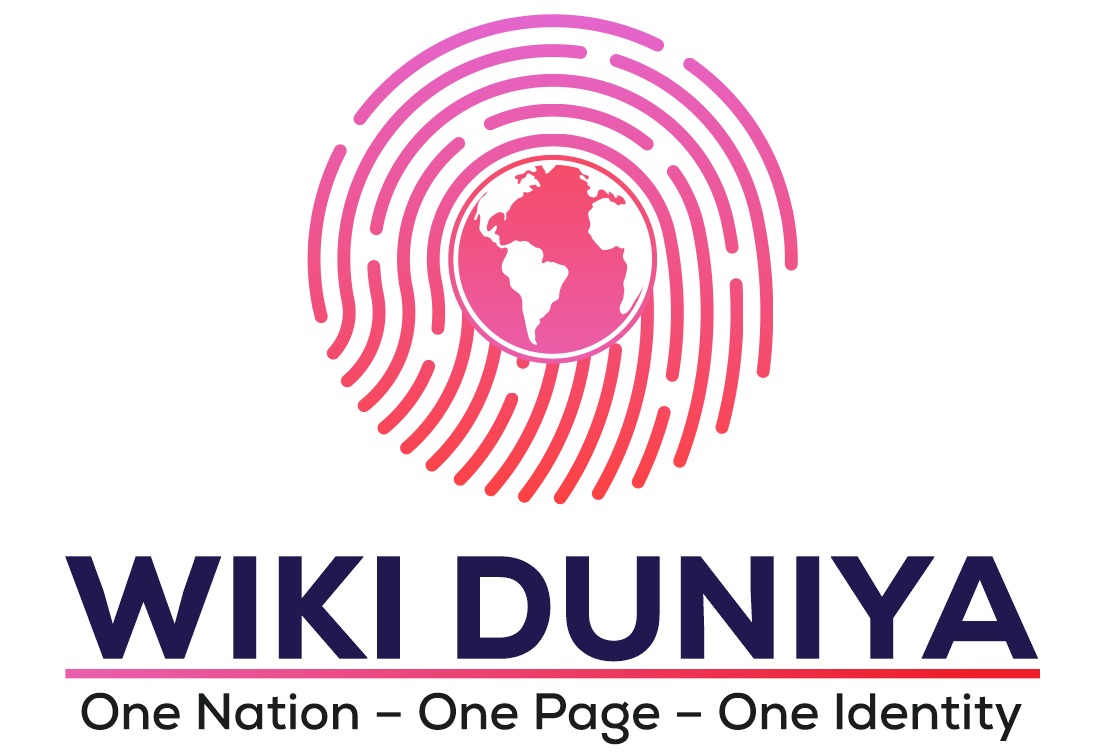
Why Search Engines Prefer Structured Information
Introduction
Why Search Engines Prefer Structured Information is a topic that blends technical SEO with practical branding benefits. In India’s digital landscape, where competition for visibility is intense, search engines like Google rely heavily on how clearly and consistently your information is presented.
Structured information makes it easier for algorithms to understand who you are, what you do, and why your profile is relevant to searchers.
Without structure, even high-quality content may fail to get the attention it deserves.
1. What Is Structured Information?
Structured information refers to organising your content in a predictable, machine-readable way. This includes using headings logically, tagging data with schema markup, and keeping information formats consistent.
For example, if you have a personal profile, your name, designation, location, and contact details should follow a set structure rather than being scattered randomly across the page.
2. How It Improves Search Engine Understanding
Search engines work by crawling and indexing billions of pages. When your content is structured, it reduces the guesswork for algorithms.
For instance, a clearly tagged “Job Title” in your schema data tells Google exactly what your role is, instead of it having to interpret from context.
This precision can improve how your profile appears in search results, including rich snippets and knowledge panels.
3. The Role of Schema Markup
Schema markup is a standardised code that labels parts of your content so search engines know exactly what each section means.
Adding schema for “Person,” “Organization,” or “Event” can significantly improve your visibility.
For example, an Indian career coach could use Person schema to highlight their name, expertise, and achievements, helping Google show richer profile cards in search.
4. User Experience and Clarity
Structured information isn’t just about pleasing algorithms — it’s about enhancing user experience.
When visitors can quickly scan your profile and find your skills, achievements, and portfolio, they are more likely to stay engaged.
This longer engagement signals to search engines that your content is relevant, indirectly boosting rankings.
5. Better Click-Through Rates
Search engines often reward well-structured pages with enhanced listings, such as star ratings, event dates, or breadcrumb trails. These rich results draw more attention and increase click-through rates.
For a professional in India trying to stand out in a crowded field, this can mean the difference between getting noticed and being overlooked.
6. Consistency Across Platforms
If your LinkedIn profile, personal website, and online portfolio all display structured information consistently, search engines see you as a more credible and authoritative source. This consistency reduces confusion and helps consolidate your search visibility.
7. Competitive Advantage
Many professionals in India still overlook structured information, focusing only on keywords and visuals. By implementing it, you position yourself ahead of competitors, as search engines tend to prioritise clarity and well-marked content over cluttered, unorganised pages.
Conclusion
Search engines prefer structured information because it makes their job easier and enhances user experience. For professionals looking to grow their personal brand online, adopting structured formats — with clear headings, schema markup, and consistent details — is a powerful way to secure better search visibility. In an environment where attention spans are short and competition is high, structured information is not just a technical choice; it’s a strategic one for career growth.




